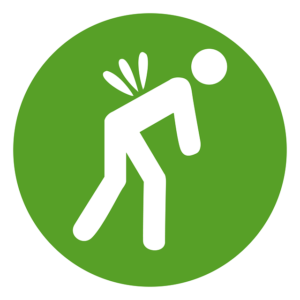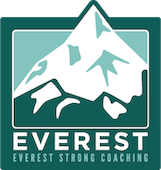
Ken Pope, Ph.D., ABPP is a name you ought to know. He is a psychologist who spends his retired days evaluating and compiling research on a variety of subjects, in order to provide clinicians and the public alike important information.
In this particular case, Pope compiled the results of 63 STUDIES OF PSYCHOLOGICAL (I.E., NON-OPIOID/NON-MED) METHODS OF PAIN RELIEF. Pain is one of those things that is highly distracting and highly focusing all at once.
When you’re in pain, it’s difficult to focus on anything else.
This is particularly frustrating at mile 18 of your marathon or minute 9 of your jiu-jitsu match. Right when you need to focus in on getting the job done, pain gets in the way.
What Pope found was that various methods work. These range from acceptance, relaxation and distraction to hypnosis, meditation/mindfulness and more. Various psychological-behavioral interventions, such as emotional regulation, resulted in significant pain reduction, reduced fatigue and increased functionality.
Non-medication pain management for athletes.
While relevant for anyone struggling with pain and/or chronic pain, athletes can really benefit from non-medication pain management. Seeing a sports psychologist or mental game coach can significantly help with tuning out the more distracting and overwhelming components of pain and get your mind back in the game.
Contact coach (at) EverestStrongCoaching.com for more information on the connection between sports psychology and managing pain. And, for more interesting information from Ken Pope, visit kspope.com.




